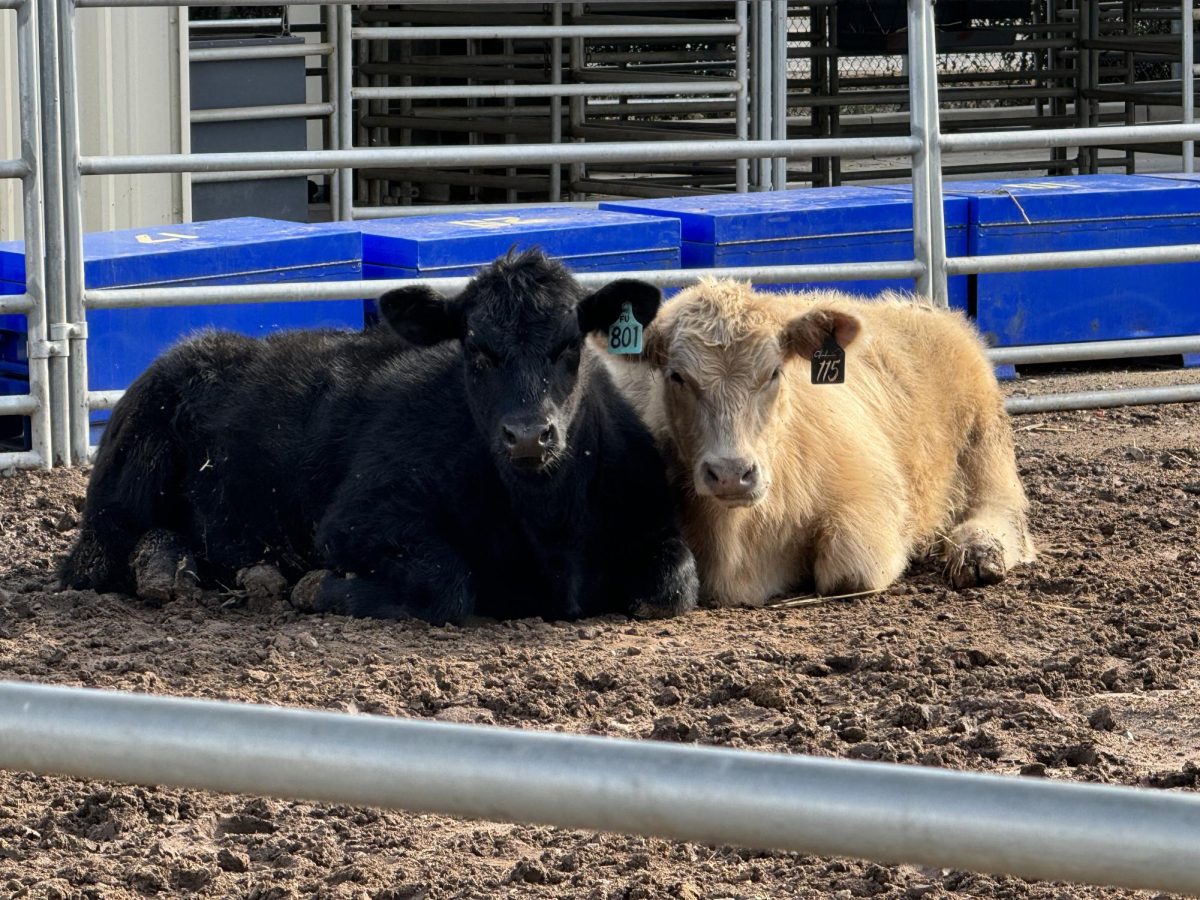As a continuing feature from last year, The Accolade investigates the strange odor that permeated the campus in November. The Accolade sends cub reporter Lauren Kang to investigate.
It was a Tuesday — Nov. 14, to be exact.
The same day that the network outage occurred, and no one had internet or Aeries access.
With less than a week before Thanksgiving break, the campus was invaded by an odor that couldn’t be missed.
“I got out of my car, and it’s like I hit a wall of stench,” recalled freshman Marisa Thienprasiddhi, who was dropped off by her parents at the Performing Arts Center parking lot and was making her way to her zero period English 1 Honors class. “It was really gross.”
Another freshman, Elias Anizor, caught wind of it on the track during his practice.
“It smelled disgusting,” Anizor said. “It became unbearable.”
Senior Peyton Brown, an ex-agriculture student, said he’s gotten used to it by now.
“It doesn’t affect me at all,” Brown said. “I smell it, but I kinda just walk past it.”
These are among the many students who had to deal with a strong manure smell that hovers over the campus every so often throughout the school year. As of Monday, Dec. 18, the source of it remains a mystery.
At first smell, some tend to blame it on the agriculture farm at the bottom of the campus on Bastanchury and Lancer Way, where ag teacher Brian Kim said six pigs, four steers, five goats and five sheep reside for various activities ranging from preparation for the Orange County Fair showing to students learning how to care for animals in class.
But Kim said people should not make a scapegoat out of the animals there.
“Sorry, but I don’t believe this had to do with ag,” the Ag Department chairman said. “The district probably spread fertilizer around the school, which is the reason for the smell.”
Although in general, manure is used to fertilize plants and trees, Kim said his department does not use it.
As for the feces that the animals produce, some of his students are assigned as part of their cleaning responsibilities to come after school to remove animal waste to a dumpster, where the dung gets removed by a trash company twice a week, Kim said.
So is the Fullerton Joint Union High School District’s grounds crew to blame for the stench?
Assistant principal Sarah Murrietta, who oversees facilities and maintenance on campus, said she’s not sure, either.
Murrietta’s only guess was that the district could have spread the fertilizer onto the soccer and softball fields — an annual maintenance.
“Every year our grounds crew for our district reseeds our athletic fields and so during that process, there could be soil and seed [with manure] that are used when they reseed our grass,” she said. “It’s part of the process to ensure our fields are in pristine condition for soccer.”
Murrietta referred The Accolade to district operations manager Raul Cervantes, who did not respond to The Accolade’s email of interview questions as of Friday, Dec. 22.
THE SCIENCE OF MANURE
The main reason that people’s noses pick up the stench of manure is because it contains a huge amount of nitrogen.
Bacteria in the soil change the nitrogen into a form of gas in H3, the same gas that’s used in many cleaning products, like Windex.
“But ammonia has a real pungent smell to it and so that’s what we’re smelling when we’re walking by grasses that have manure that’s been placed on it,” said Morris, who teaches chemistry.
Depending on how much manure is put down on or nearby the campus, the wind also plays a factor as to who ends up being the “victim” of such a foul odor, he said.
A westerly gale, for example, would lead to the stench spreading toward the school, Morris said.
So the next time a herd of people talk about an unfamiliar smell on campus, don’t bet the farm on its source coming from the animals there.














